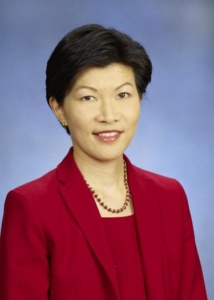 By Michelle Hendelman, Editor-in-Chief
By Michelle Hendelman, Editor-in-Chief
Since 2009, the Hispanic Association on Corporate Responsibility (HACR) has published the Corporate Inclusion Index survey, which seeks to ensure the inclusion of Hispanics in four core areas: employment, procurement, philanthropy, and governance. In the 2012 study, HACR enjoyed the highest participation ever, with 55 companies submitting responses, including eight new participants, 26 returning companies that improved on their rating from the previous year, and all seven commercial banking companies in the Fortune 100.
To the HACR, this represents a significant shift in the way the business community views the Hispanic population, as being valuable in both the workforce and as a group of influential consumers and clients. There is something to be said about the fact that Hispanics now represent the largest non-white group in the United States. According to the 2012 Corporate Inclusion Index survey, corporate America will experience more Hispanic and Latino workers in the talent pipeline who will replace an aging, predominantly white workforce.
This week on The Glass Hammer, we are featuring profiles of Latinas in business, representing the established and emerging leaders who are making a difference in their companies. We will also highlight national organizations like ALPFA and Proud To Be Latina that devote resources to the professional development of Hispanic business women and men.
Kelly Brennan is a Managing Director in the Securities Division at Goldman Sachs and in her interview with us, she pointed out that there are cultural differences that must be acknowledged and understood in order for business leaders to effectively tap into their Hispanic and Latino workforce. Taking a look at the results of the 2012 Corporate Inclusion Index survey indicates that major companies are making the effort to engage their Hispanic and Latino workforce.









